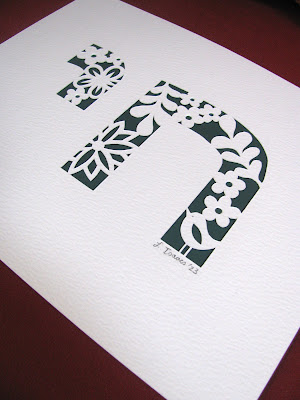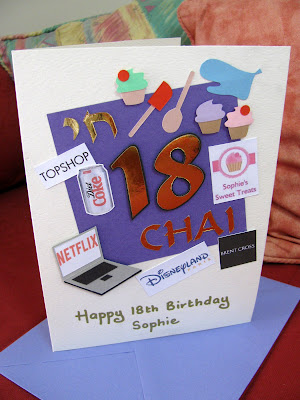Chai is spelt with the Hebrew letters Het (ח) and Yud (י). The Hebrew letters of the word are often used as a visual symbol, frequently appearing on pendants and other jewellery. Chai also refers to the number 18. According to the gematria, which is a mystical tradition that assigns a numerological value to Hebrew letters, the letters Het (ח) and Yud (י) add up to the number 18. The Het has a value of 8 and the Yud has a value of 10. As a result, 18 is a popular number that represents good luck. At weddings, bar mitzvahs and other events Jewish people often give gifts of money in multiples of 18, symbolically giving the recipient the gift of "life" or luck.
Chai is heard in a BBC recording from 20th April 1945 of Jewish survivors of the Bergen-Belsen concentration camp five days after their liberation. This was the first Sabbath ceremony openly conducted on German soil since the beginning of the war. With people still dying around them, the survivors sang what would become the Israeli national anthem, "Hatikvah", "The Hope". At the end of "Hatikvah", British Army Chaplain Leslie Hardman shouts out, Am Yisra'el Chai! ("The people of Israel live!").
In the 1983 Eurovision Song Contest, which was held in Germany four decades after the Holocaust, Israel was represented with the song "Chai", performed by the Israeli singer, songwriter and actress Ofra Haza. The lyrics "Alive, alive, alive. Yes, I'm still alive" sadly resonate to this day.
Should you be interested in purchasing a Chai papercut, just leave me a comment or use the email me button on the right hand side, below my social media buttons. Please be sure to note which colour backing paper you would like.
This particular papercut fits into a standard 8" x 10" frame with a mat opening of 4.5" x 6.5", though the size can be adjusted. You will receive this papercut UNFRAMED. The Chai papercut costs $40 + postage and packing.
* This post has been shared on Wonderful Wednesday Blog Hop, Little Things Thursday and Wordless Wednesday (on Tuesday).



























































